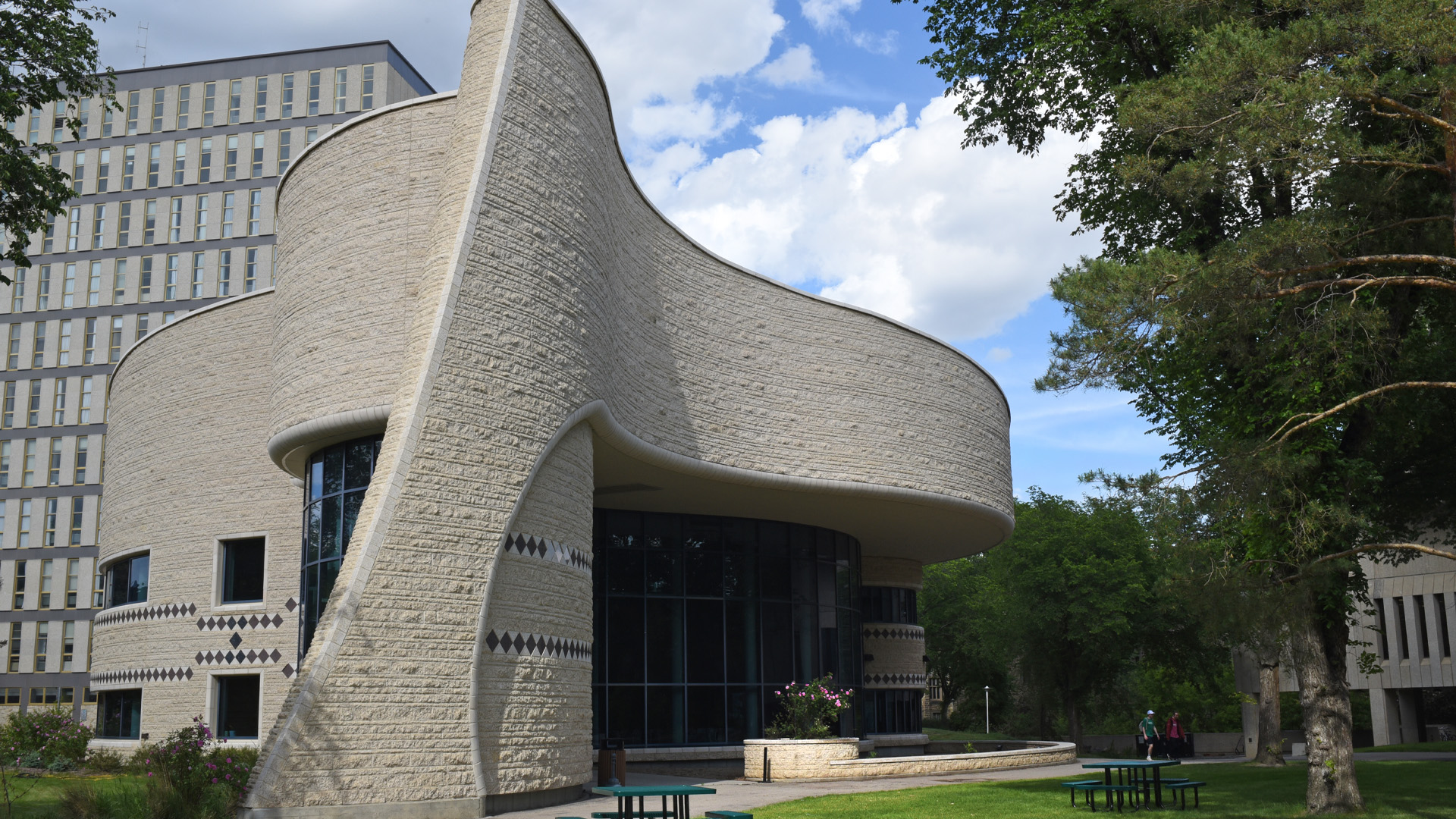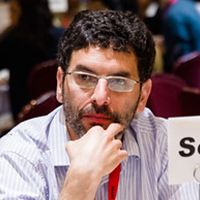
Each year more than 7,000 of the brightest and most determined minds in Canada are awarded PhDs. As of 2015, there were 208,480 PhD holders in Canada. However, only 20 percent of PhDs will work as university professors, and 2 percent of jobs in the country require a PhD. Getting a first job after these studies is just the beginning of an arduous battle to secure work that matches PhD graduates’ hard-won expertise. The most fortunate among them usually begin with a postdoc position earning about the same as the national average secretarial salary, less than $45,000 per year, but without any employment benefits (like pensions and health plans).
Most face serious challenges transitioning to careers outside the academic world. Their professional skills and networks are underdeveloped, and employers are often reluctant to hire them. As a consequence, the majority of PhDs end up employed or — to be more accurate — underemployed in nonacademic positions. Living in a precarious economic situation with an average debt of $41,100, the highest debt level among categories of college or university graduates, many PhDs experience critical mental health issues that include depression and stress, which in some instances lead to suicide.
The shrinking job market for PhDs affects all disciplines, although it may have different impacts for arts or humanities graduates, for instance, than for social or life science PhDs. It has become a crisis, raising important questions. Why do students continue to choose these programs? Why have universities not implemented substantial changes in PhD programs? Why has the PhD crisis not been addressed as a national issue yet? In a broader perspective, if a country like Canada is unable to provide opportunities to those who believed that education at its highest level would allow them a life of worthy labour and contribution, what is the message for future generations?
One PhD’s experience
Beginning in 2008, I pursued a PhD in sociology at the Université du Québec à Montréal (UQAM). I was fortunate to receive funding for my research from the Fonds Québécois de la Recherche sur la Société et la Culture, as well as scholarships for excellence from UQAM. I presented my research in English, French and Spanish at international congresses in Canada, the United States, Latin America and Europe. I was granted my PhD with honours in 2014. I published peer-reviewed articles and received a book contract with a respectable publisher to publish my dissertation.
Since completing my thesis, I have applied to more than a hundred positions in Canada in universities, in CEGEPs, in the private sector, in government and in NGOs. At the end of 2015, I accepted a postdoctoral position for two years at the National Scientific and Technical Research Council in Argentina. It ended, and after several years of sustained effort, I have now stopped my academic job search. My frustrations are personal but are far from unique, and my aim here is to draw attention to what appears to be a systemic problem.
Looking deeper
There is an urgent need for rigorous and systematic research about this issue across the entire Canadian university system. Little has been published; a welcome exception is a study of the career paths of 10,000 University of Toronto PhD graduates. Moreover, we need to have a discussion that involves various actors (universities, the federal and provincial governments, funding agencies, industry and PhDs themselves) to find solutions to the Canadian PhD crisis and to initiate necessary reforms of doctoral programs and universities.
The effects of the Canadian PhD crisis are both economic and psychological. For part of this generation of young adults, it impacts their sense of identity. For Canada, highly dependent on natural resources, this crisis means a waste of talent that could be contributing to building a new model of social and economic development. For universities, it represents a failure of their fundamental mission of developing human capabilities.
One sector where the job shortfall has been examined is the Canadian science and research system. Contrary to what the Naylor Report assumed, it is far from providing the necessary tools to foster an inclusive society. Most universities tolerate and encourage precarious forms of work for PhD students, postdocs and adjunct professors that deepen inequality in society. How can universities be legitimate actors in discussion and research about social justice issues? Universities and the broader scientific system must engage in serious introspection and recognize their roles in this crisis.
Recommendations
The various skills that PhDs develop in research, analysis, communication and creativity appear to be perceived as irrelevant to the job market. Canada has a skills shortage, and yet its PhD programs cannot transmit the skills necessary to enter a professional career within the six years, on average, that it takes for a student to complete doctoral studies. This mismatch represents a costly problem for Canadian society.
In recent years numerous new programs have been funded by Mitacs, a not-for-profit organization that helps university graduates improve their employability in the private sector, with NGOs or in government. Its mission is more than praiseworthy, but these programs can assist only a small number of applicants.
Policy-makers and administrators should be tackling the Canadian PhD crisis by implementing a long-term comprehensive strategic approach. However, the social and economic effects of this crisis also need an immediate response from the government:
- Governments at the federal and provincial levels should create programs to help every PhD in need to integrate into the job market according to their skills and capabilities.
- It is crucial to stop addressing the current situation solely in terms of whether Canada needs more or fewer PhDs. But producing accurate data about the number and types of PhDs that Canada will need in the future would be a good first step. With these data, we can start a national discussion to reform PhD programs so that they respond to the multiple challenges that Canadian society will face in the coming years.
- Funding for Canada’s PhD programs should be adjusted on the basis of an external evaluation of their capacity to place students in jobs. Programs unable to place their PhDs in the job market should be temporarily ineligible to receive federal or provincial funding; alternatively, or in other cases, they should not be allowed to offer PhD program in particular disciplines. These measures seem radical but seek to protect both students and society against predatory practices of universities.
- If universities want to recover society’s trust, which they have been losing in recent years, I propose that they start by promoting a “scientific new deal.” It would aim to terminate all forms of precarious and abusive practices that have been polluting universities and to contribute to fostering a fairer society among all members of the scientific community. Perhaps the good practice elements in doctoral training that were implemented by 23 leading European universities could be an example to inspire discussion.
In May 2019, the Council of Canadian Academies launched an expert panel to study the question “What are the main challenges that PhD students in Canada face in transitioning to the labour market, and how do these differ by field of study?” I welcome this initiative. However, if this research is to be useful, the role of Canadian universities in the PhD crisis should be at the core of this conversation.
Photo: Shutterstock by Aleutie
Do you have something to say about the article you just read? Be part of the Policy Options discussion, and send in your own submission. Here is a link on how to do it. | Souhaitez-vous réagir à cet article ? Joignez-vous aux débats d’Options politiques et soumettez-nous votre texte en suivant ces directives.








